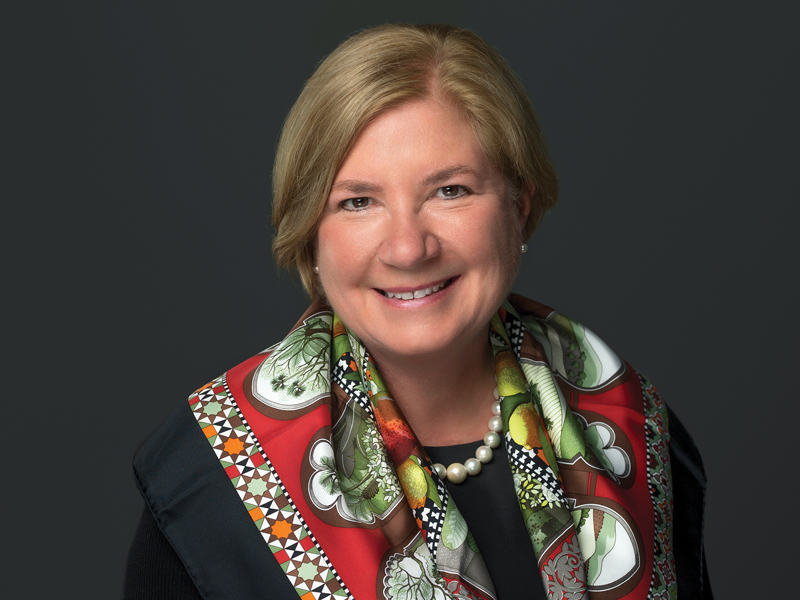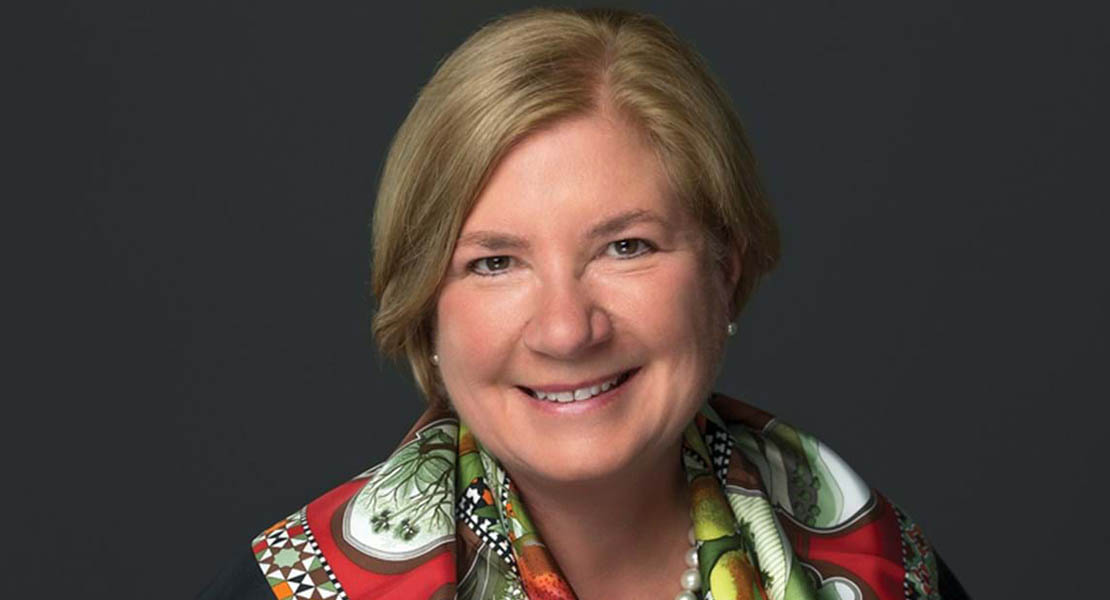Full-Bore Fiduciary Boards for Private Companies
Against a backdrop of sometimes distressing global change, unanticipated disruption and a creeping fear that the “next big thing” might be even more unimaginable, private company boards are stepping up the professionalism and the zeal that they bring to their missions as the stewards of the business.
While it’s true that no one has a crystal ball, slipping into complacency because everything seems to be all right just doesn’t cut it anymore. A review of the concerns of 20 superlative private company directors reveals an emphasis on board-management dialogue that is measurably more aggressive and direct than in previous years.
As multiple-board member Mary Lee Schneider puts it, “It’s relatively straightforward to adopt the best governance practices of public companies. Equally important, though, are the nuanced conversations that need to be had.” She suggests that board members “tee up the obvious but potentially awkward conversations early.”
This advice is seconded by a dozen of the 2020 class of “Directors to Watch.”
“Whether it’s about managing risks or balancing stakeholder interests, companies can only prosper long term if there is a robust discussion and questioning of assumptions,” says Christie Hefner. Andrew Chrostowski adds, “An independent director creates value by asking the right questions of management to ensure alignment of risks and opportunities in a world of interacting natural, physical and digital systems where failure is nearly certain and resilience is essential.”
Alexander Lowry turns an eye to management. “The reporting a board receives has been highly curated by senior management. This is especially true of information regarding potential red flags,” he says. “Yet, since a director’s primary role is to provide oversight, it is essential to ensure management hasn’t filtered out critical information. Since boards don’t know what they don’t know, directors should insist on internal reporting systems that can provide unfiltered insight into operations.”
As the boards of private companies and family-owned businesses inexorably move toward greater professionalism — and greater accountability — it becomes crucial to secure relevant and timely pipelines between management and directors.
Mary Lee Schneider
Active International, Larry H. Miller Group of Companies, Old World Industries
Mary Lee Schneider serves on the boards of the Larry H. Miller Group of Companies (nominating and governance chair), Active International (HR and comp chair), and Old World Industries (HR and comp chair). She also serves on Penn State University’s board of trustees (finance, business & capital planning chair). Schneider was president and CEO of private equity-owned SG360° (formerly a 100% ESOP-owned company), and prior to that was president and CEO of Follett Corp. She spent 20 years with RR Donnelley building a portfolio of global technology-enabled businesses as well as serving as chief technology officer.
On the civic front, Schneider serves on the board of the Chicago Public Library Foundation and on the leader council for Mercy Home for Boys and Girls.
Schneider has a B.A. from Penn State University, an M.S. from the Rochester Institute of Technology, and an MBA and an M.S. from Northwestern University. She is also NACD Director Certified.

Tee up “obvious but potentially awkward” conversations early: It is relatively straightforward to adopt the best governance practices of public companies with respect to board/committee composition, financial reporting requirements, committee structures, charters, decisions rights, etc. Equally important, though, are the nuanced conversations that need to be had regarding ownership intent/expectations (financial or otherwise, short- and long-term), “rules of engagement” (between ownership, the board and management), the role culture plays in the company’s success (past, present or future), and, in family-owned businesses, the desire to have family members working/having leadership roles in the company.



